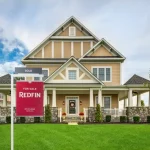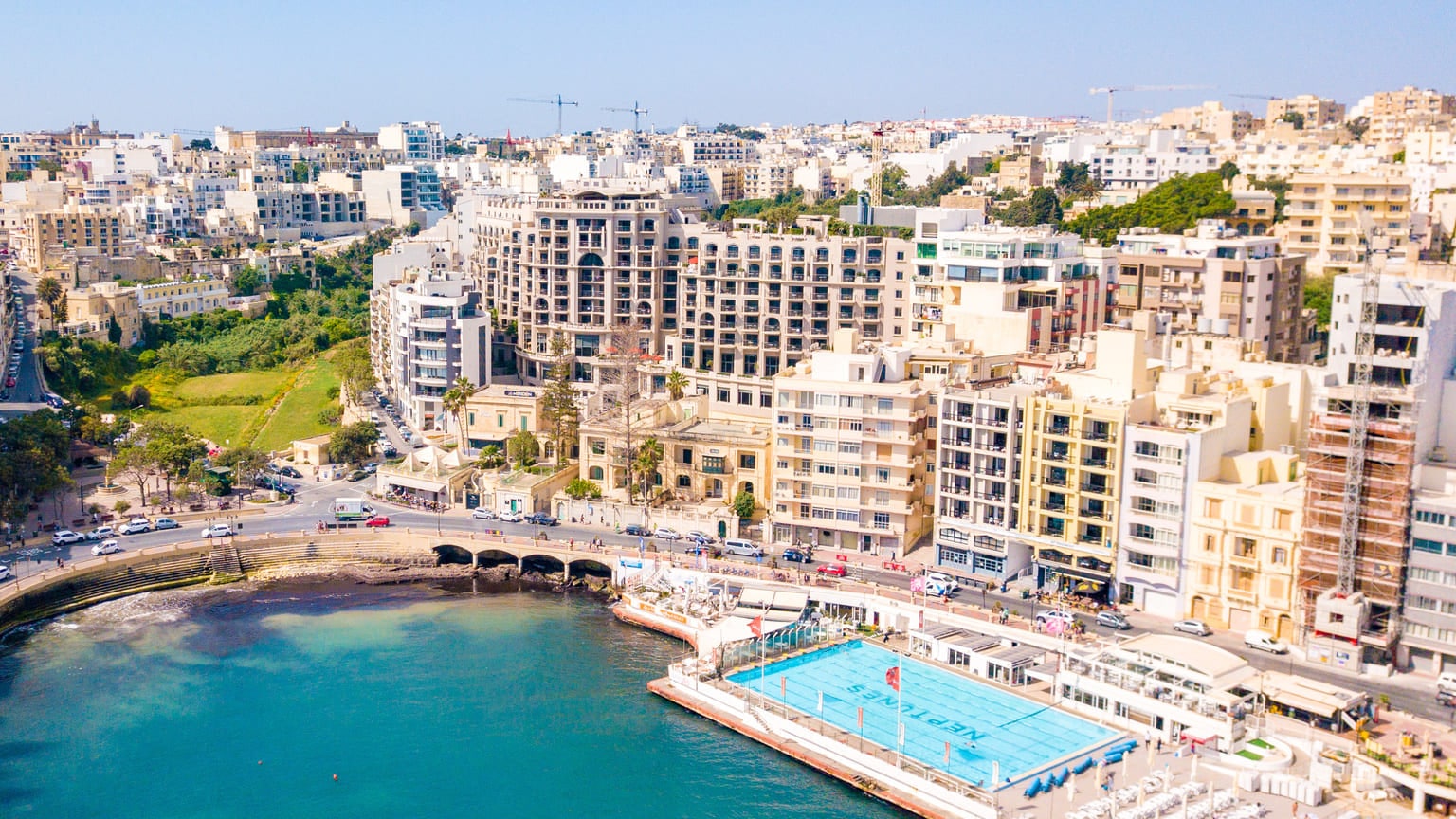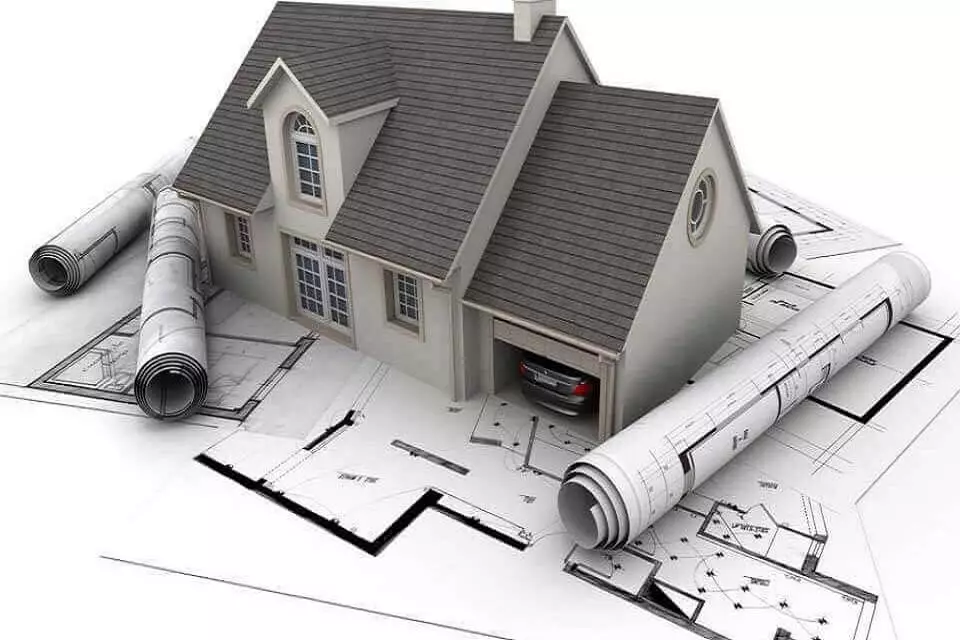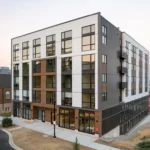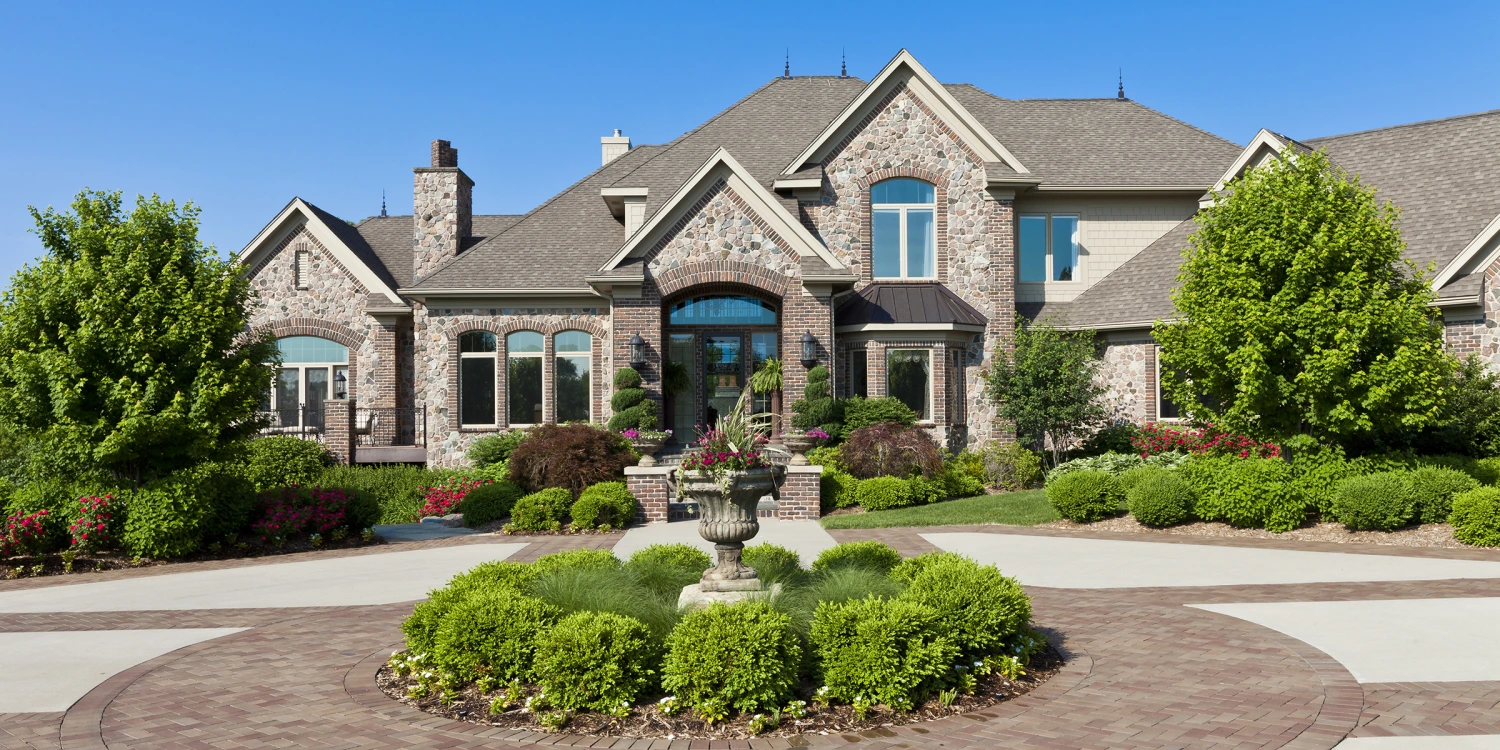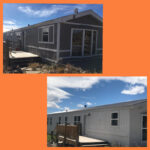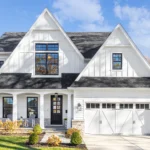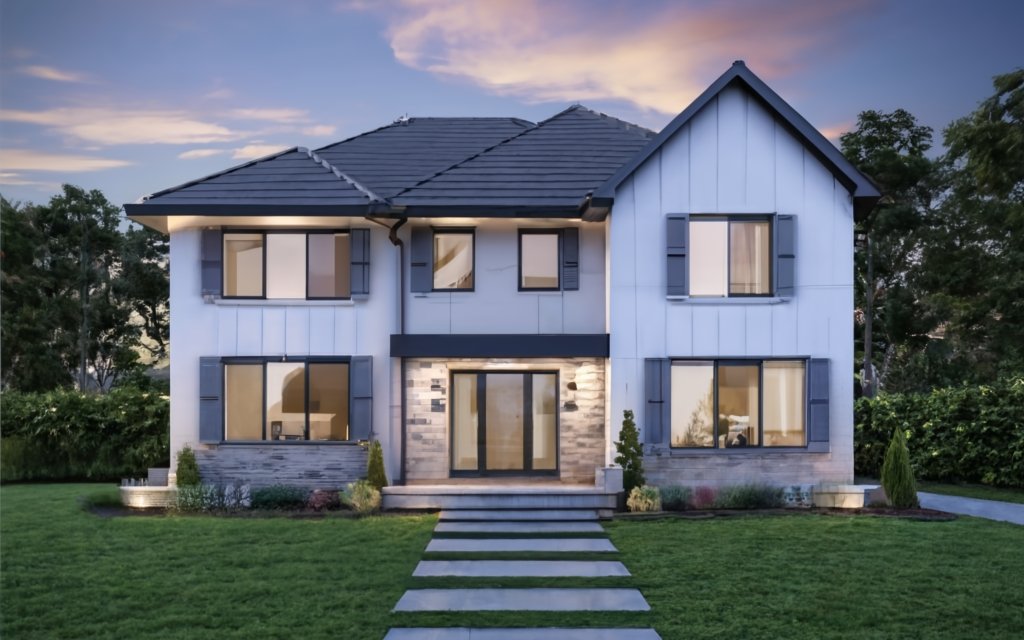
5 Factors That Impact Home Prices in Abuja
January 9, 2024
As the capital city of Nigeria, Abuja has seen tremendous growth in recent decades. With a rapidly expanding population and economy, the real estate market in Abuja is quite dynamic. Many factors influence home values in this bustling city. If you are looking to find a suitable house to buy in Abuja, you’ve landed at the right place. In this post, we’ll explore 5 of the top factors impacting home prices in Abuja.

Content
Location
One of the most important determinants of property value is location. In Abuja, the further away from the city center you go, generally the lower the home prices will be. Prime areas close to the city center like Maitama, Asokoro and Wuse command the highest prices. These central neighborhoods are more convenient to amenities, jobs, schools and transportation. Further out areas like Gwarimpa, Kubwa and Lugbe have lower prices but may require longer commutes. Proximity to major roads and infrastructure like the airport also impacts values. The closer the home is to desirable locations, the higher the price tag will likely be.
Property Size and Amenities
Larger homes with more bedrooms, bathrooms and living space will usually sell for higher prices than smaller properties. Lot size also matters – bigger plots of land provide more room to build larger homes. Home features and amenities also factor into pricing. Properties with swimming pools, home theaters, home gyms or other luxurious extras can demand premium prices. Multi-level homes, duplexes and luxury high-rise condominiums also tend to have higher price points than standard single-family houses. Renovated homes in good condition often sell for more than those needing repairs or upgrades.
School Districts and Security
The quality of local schools is a major consideration for families with children. Homes located within the catchment areas of top-rated international schools command higher values. Gated communities and estates with strong security also impact pricing. Places like Jabi Lake Estate, Maitama District and Asokoro District have controlled access and 24/7 security patrols, which provide peace of mind and increase property values.
Economic and Infrastructure Growth
As Abuja’s economy and infrastructure expand, certain areas experience rising home costs due to increased demand. The completion of new roads, rail lines and other transportation projects can boost neighboring property values. Ongoing construction of the new airport also impacts the real estate landscape. Areas primed for commercial and mixed-use development see appreciation as well. A growing number of high-paying jobs in finance, energy, government and other sectors fuel housing demand across the city.
Future Appreciation Potential
Savvy home buyers consider long-term capital appreciation when making real estate investments. Areas projected to experience significant population and economic growth over the coming decades are attractive. As Abuja’s population is forecast to double by 2050, out coming decades are attractive. As Abuja’s population is forecast to double by 2050, outlying neighborhoods poised to become more central over time have upside potential. Properties near planned infrastructure projects also stand to appreciate substantially as developments are completed. Careful analysis of city development plans can help identify locations with the strongest future value increases.
In conclusion, location, property attributes, neighborhood amenities, economic trends and future potential all play important roles in shaping Abuja’s dynamic housing market. Doing thorough research on an area allows buyers to find homes that suit their needs while maximizing value and investment returns over the long run. For those in the market to buy a house in Abuja, understanding these key pricing factors is essential.

Christine Kelley is a dedicated home blogger who has been blogging for over six years. She covers everything home related. Christine also loves writing posts about her travels to Europe with her husband and two children.


